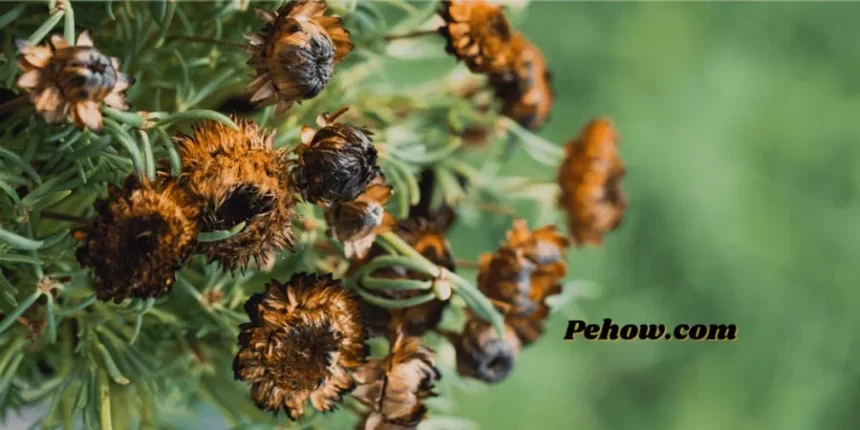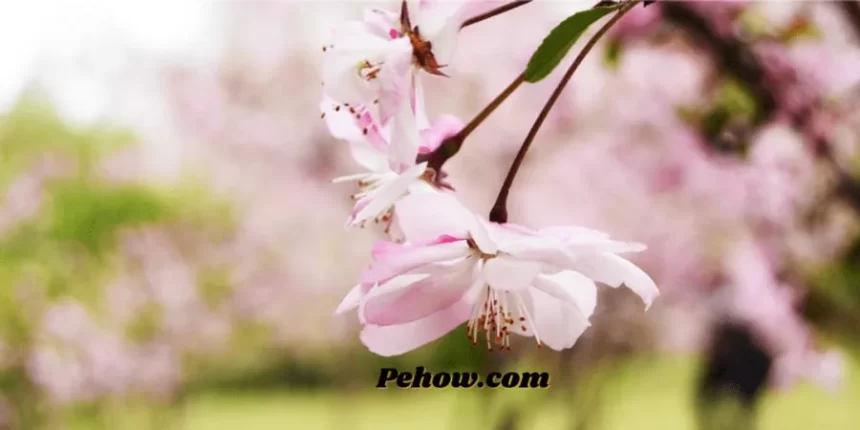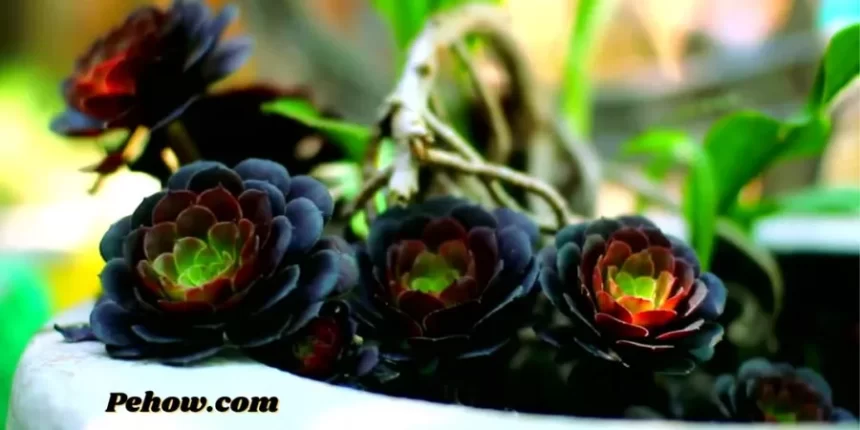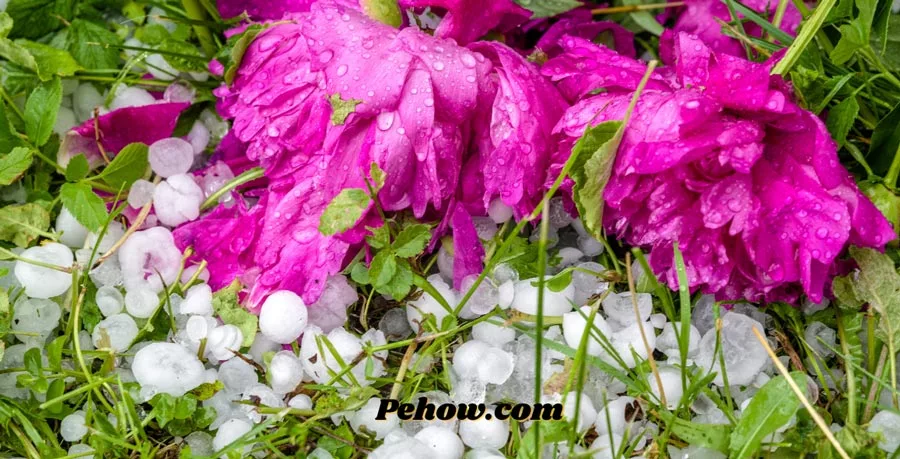I noticed in my garden that the petals of my flowers were wilting and the leaves were turning brown.
After doing some research, I found out that there are many things that can kill flowers, including pests, diseases, and environmental stressors.
In order to protect your flowers, it is important to be aware of these threats and take steps to prevent them.
In this article, I will share what kills flowers and how you can protect your plants.
What kills flowers and how to protect them
There are a number of things that can kill flowers, such as pests, diseases, and environmental factors. To protect your flowers, you can take a few steps to help them survive.
First, make sure to plant your flowers in the right location. Choose a spot that gets plenty of suns and has well-drained soil.
Secondly, water your flowers regularly. Water them in the morning so they have time to absorb the moisture before the heat of the day.
Third, use mulch to help protect your flowers from extreme temperatures and prevent them from drying out.
Finally, keep an eye out for pests and diseases. If you see any, treat them immediately.
Common causes of death for flowers
Different flowers can die for different reasons, but flowers that die too early can be very painful. The most common causes of death are:
Disease
There are many diseases that can affect flowers, including:
- Botrytis blight
- Powdery mildew
- Fusarium wilt
- Verticillium wilt
- Fungal Diseases
- Bacterial Diseases
- Viral Diseases
This disease causes the leaves of the plant to turn yellow and then brown and wilt. The flowers will also turn brown and eventually die.
Insects
Insects are a common culprit when it comes to killing flowers. Some insects, such as the Japanese beetle, can easily damage flowers and foliage.
To protect your flowers from these pests, you can use insecticides or barriers such as netting or screening.
Poor nutrition

There are many reasons why flowers can die, but one of the most common is poor nutrition. Without the proper nutrients, flowers will not be able to thrive and may eventually die.
There are a few things you can do to help your flowers get the nutrition they need. One is to make sure you are using the correct type of soil. Different types of flowers need different types of soil in order to grow properly.
Another is to fertilize your flowers regularly. This will help them get the nutrients they need to grow healthy and strong. Finally, make sure you are watering your flowers correctly.
Too much or too little water can also cause problems for flowers. If you are having trouble with your
Lack of water
Lack of water is the number one cause of flowers dying. To prevent this, make sure to water your plants regularly and give them the right amount of water according to their needs.
Too much water
Too much water can kill flowers by drowning them. To protect your flowers from too much water, make sure to plant them in well-drained soil and avoid over-watering.
drainage holes in the bottom of pots can also help to prevent waterlogging. If your flowers do get too much water, remove them from the wet soil and allow them to dry out in a sunny location.
Excessive heat or cold
Excessive heat can quickly kill flowers. One way to protect your flowers from the heat is by placing them in the shade.
If you live in a hot climate, make sure to water your plants regularly, because they will need more water in order to stay cool.
Wind damage
There are many ways that wind can damage flowers. Strong gusts of wind can uproot plants, knock over flower pots, and tear leaves from stems. In some cases, wind can even snap branches or uprooting entire plants.
While wind is an important part of nature, it can be very destructive to flowers.
There are several things you can do to protect your flowers from wind damage. One option is to plant your flowers in a protected area, such as next to a building or fence.
You can also try using stakes or trellises to support taller plants. Finally, make sure to deadhead any damaged flowers to prevent them from spreading disease to other plants.
Protecting your flowers from the cold weather

I want to keep the flowers beautiful and blooming all the season, it’s important to protect them from the cold weather. Here are a few tips on how to do that:
1. Make sure your flowers are in a sunny spot. If they’re in a cold, shaded area, they’ll be more likely to die.
2. Water your flowers regularly, especially during dry spells. This will help them stay hydrated and healthy.
3. Mulch around your flowers to insulate them from the cold. This will help keep their roots warm and prevent them from freezing.
4. If you live in an area with heavy snowfall, consider covering your flowers with a layer of straw or other material to protect them from the weight of the snow.
What chemical can kill flowers?
Your flowers may fall off due to chemicals in the environment. These chemicals can come from many things, including:
- Fertilizers
- Pesticides
- Herbicides
- Insecticides
The best way to protect your flowers is to keep them away from these chemicals. You can do this by:
- Planting them in a different location
- Using a different type of fertilizer
- Applying pesticides carefully
If you must use chemicals near your flowers, be sure to read the label carefully and follow the instructions.
Will vinegar and dish soap kill flowers?
No, vinegar and dish soap will not kill flowers. However, they may damage the leaves or petals if left on for too long, so it is best to rinse them off after cleaning.
You can also use a diluted solution of vinegar and water to help keep your flowers healthy and free from pests. Simply mix one part vinegar with ten parts water, and spray it on your plants once a month.
Does baking soda kill plants?
Baking soda is a common household product that can be used for many different purposes, including cleaning and baking. However, you may not know that it can also be used to kill plants.
While baking soda is not poisonous to plants, it can be harmful if used in too large of quantities. When applied directly to the leaves of plants, it can cause them to scorch and turn brown.
It can also kill plants if used in high concentrations, so it’s important to be careful when using it as a plant killer.
Can you add bleach to flowers?
Adding bleach to flowers can actually kill them. The bleach can damage the flowers’ cells and cause them to wilt and die. If you’re looking to keep your flowers healthy, it’s best to avoid using bleach altogether.
How do you make homemade pesticides?
Different methods can be used to make pesticides at home, such as:
- using essential oils
- using soap and water
- using vinegar
- using baking soda
When making pesticides at home, it is important to use natural ingredients that will not harm the environment or humans.
Essential oils can be used as pesticides because they are effective at killing insects and other pests. Soap and water can also be used to make a pesticide, but it is not as effective as essential oils.
Vinegar can be used to kill weeds, but it is not as effective as other methods. Baking soda can be used to kill ants and other pests, but it is not as effective as other methods.
When using any of these methods, it is important to test them on a small area first to make sure they are effective and safe.
Will hydrogen peroxide kill a plant?
Hydrogen peroxide is a chemical compound that can be used as an antiseptic and disinfectant. It can also be used to kill flowers.
When hydrogen peroxide comes into contact with a plant, it breaks down into oxygen and water, which can damage the plant’s cells and kill the flower.
To protect your flowers from hydrogen peroxide, you can try using a barrier such as plastic wrap or foil. You can also try diluting the hydrogen peroxide with water before applying it to the flower.
Is bleach or vinegar better to kill weeds?

There is no one-size-fits-all answer to this question, as the best way to kill weeds will vary depending on what type of weed you are trying to get rid of.
However, both bleach and vinegar can be effective at killing weeds, so it really depends on your preference and what is available to you.
If you are using bleach to kill weeds, be sure to use a diluted solution and take care not to get any on your skin or clothes.
Vinegar is also corrosive, so use caution when handling it. Whichever method you choose, be sure to spot test first to make sure it is effective on the type of weed you are trying to kill.
The Summary
I hope you now know about what kills flowers and how to protect them. As you can see, there are many household products that can be used to kill flowers, so it is important to be careful when using them.
Always test the product on a small area first, and be sure to follow the manufacturer’s instructions carefully.
Happy gardening!



